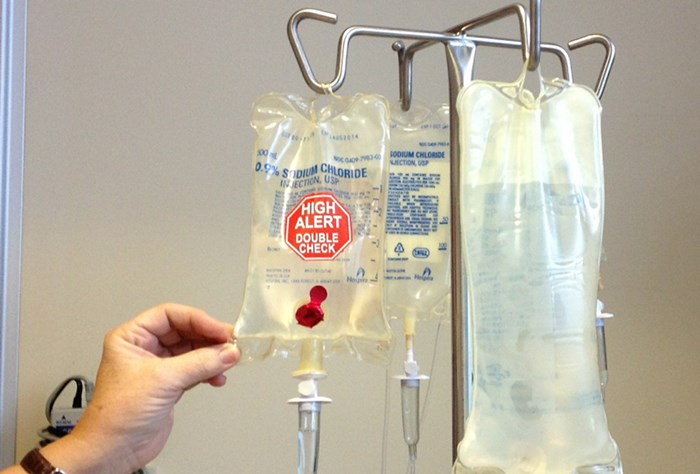
A group of researchers have developed a new test that uses stem cells to test the toxicity of chemotherapy drugs. This technique can be used to screen chemotherapy treatments and test how they may affect a patient’s organs.
It is ground-breaking research that will dramatically improve outcomes for patients undergoing chemotherapy to treat cancer or another illnesses. This research was recently published in the journal Science Translational Medicine.
Chemotherapy drugs remain the most effective way to treat many forms of cancer, including leukaemia and non-Hodgkin lymphoma. Tyrosine kinase inhibitors (TKIs) are a class of chemotherapy drugs that are particularly effective. Unfortunately, using TKIs can cause serious side effects that impact the cardiovascular system — including heart failure and heart arrhythmias.
The goal of the researchers involved in this project was to develop a test that could determine how much a treatment using a TKIs might affect an individual patient.
They began by taking skin cells from patients, which were transformed into induced pluripotent stem cells (iPSCs). IPSCs have the ability to turn into a variety of other cells within the human body. The researchers prompted the cells to turn into cardiomyocytes — heart muscle cells. These heart muscle cells have the same DNA as the cells within the patient’s body.
The researchers then used high-throughput screening to determine how well the cells would respond to TKIs. They tested 21 different TKIs to determine how each drug affected cell survival and cell signalling.
Scientists will be able to use a similar approach to test the side effects of other drugs on the heart and other organs. Using stem cells in this way may save the lives of thousands of patients around the world.
Source: Using Stem Cells to Predict Toxicity of Chemotherapy Drugs
{{cta(‘010124f3-c9bc-4a23-b9fc-74953e6288c9’)}}


